Researchers from Brighton and Portsmouth universities discovered glass-reinforced plastic (GRP) particles in shellfish. They sampled mussels and oysters from Chichester Harbour, UK.
The study found approximately 20 GRP particles per mussel and 225 per oyster. This contamination raises concerns about marine pollution and food safety.
Boat Manufacturing: A Source of Marine Pollution
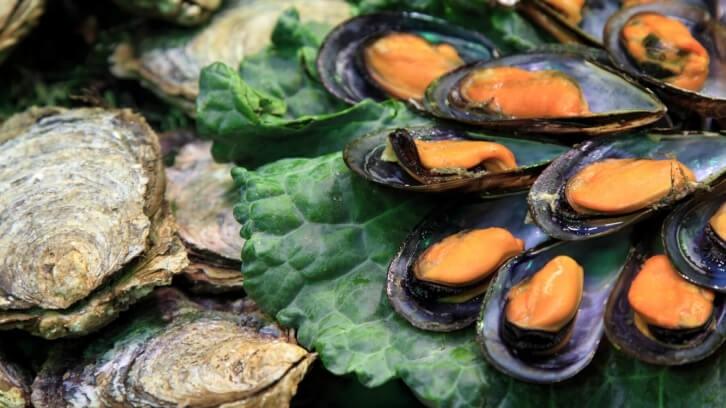
GRP is a common material in boat manufacturing. In 2023, the U.S. registered 11.55 million recreational vessels.
Many of these boats are made from GRP. The boating industry contributes significantly to marine plastic pollution.
End-of-Life Boats: Environmental Hazard in Landfills
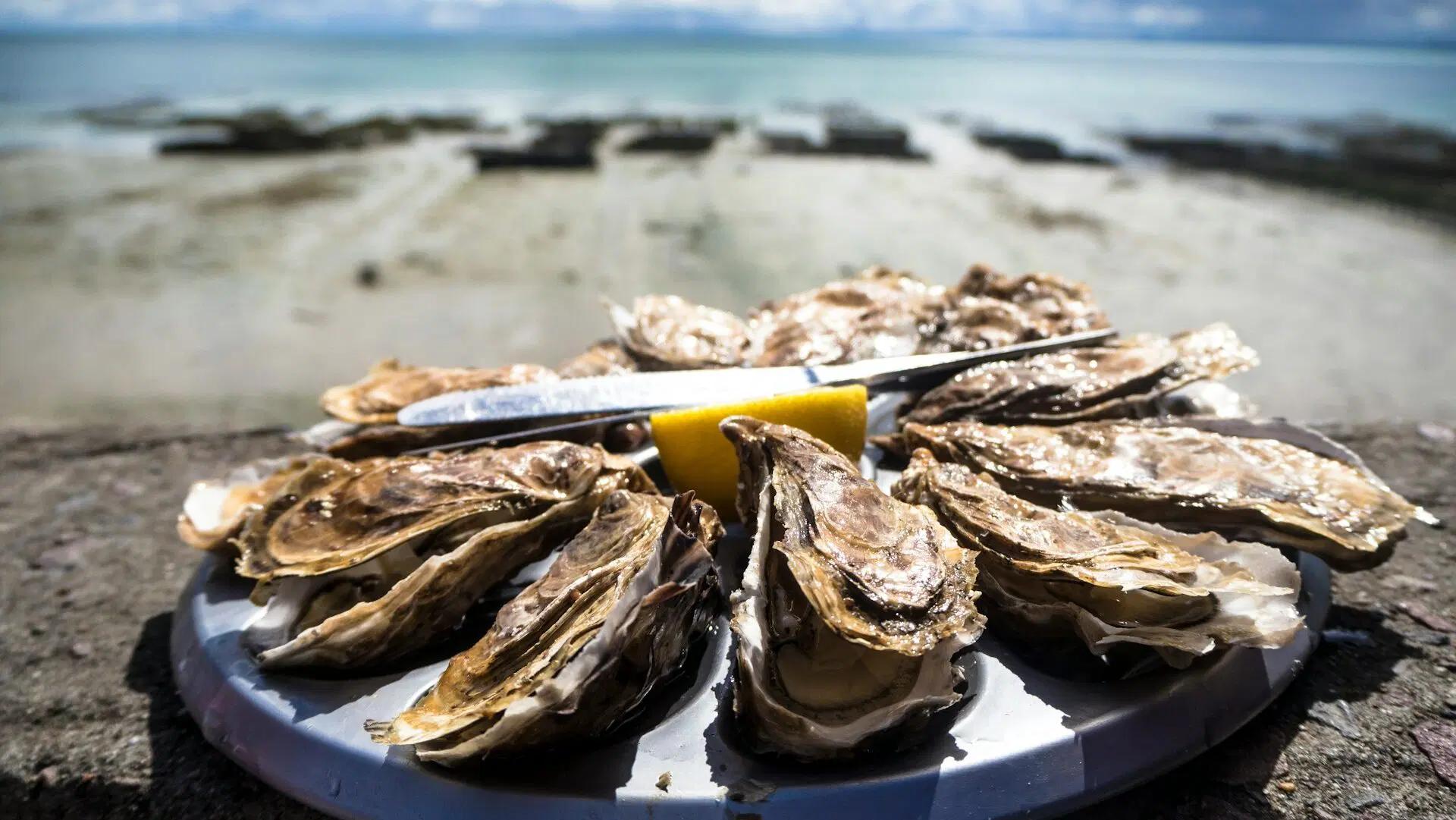
Disposing of GRP boats poses significant challenges. Most end-of-life boats end up in landfills.
Some are abandoned and sink in water bodies. The U.S. National Marine Manufacturers Association estimates that 1.5 million boats reach end-of-life status annually.
GRP Breakdown: Releasing Microplastics into Environment
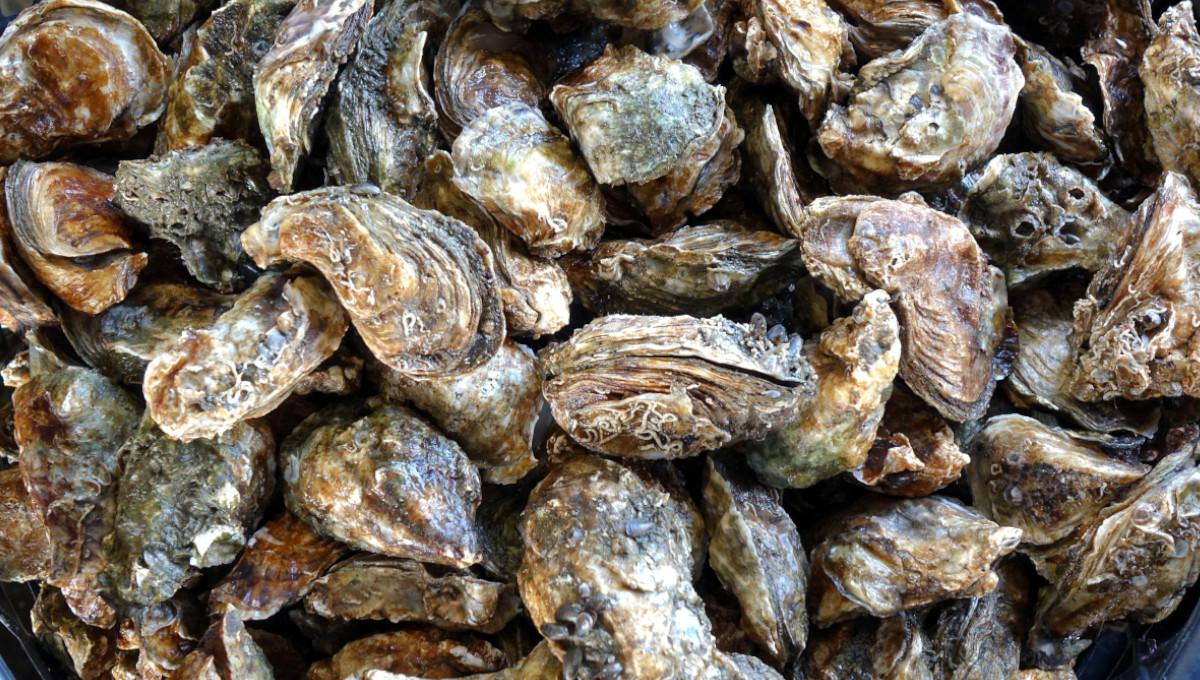
As boats deteriorate, they release microplastics and chemicals. These pollutants enter marine ecosystems.
GRP can take hundreds of years to decompose fully. The breakdown process continually releases harmful substances into the environment.
Bioaccumulation: GRP Particles Climbing the Food Chain
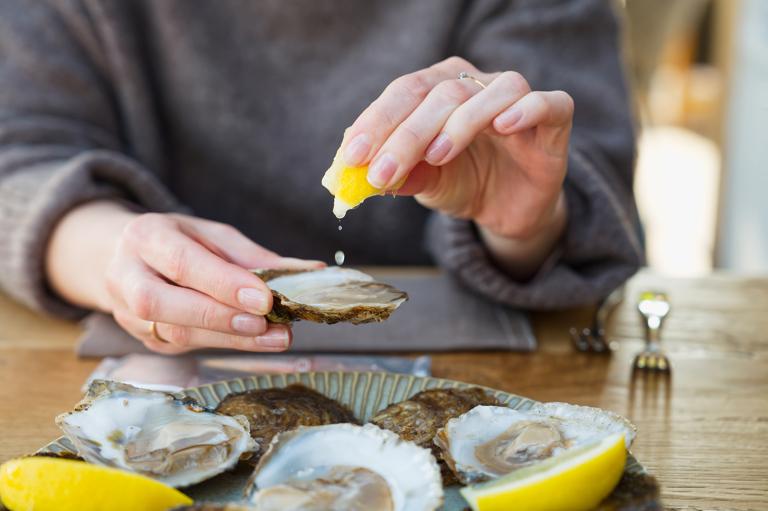
GRP particles in shellfish indicate bioaccumulation. Toxins concentrate as they move up the food chain.
Humans, at the top of the chain, face increased health risks. Studies show microplastics present in 90% of table salts globally.
Health Implications: Consuming GRP-Contaminated Seafood
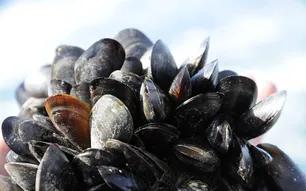
Consuming contaminated shellfish poses potential health risks. GRP particles may contain harmful chemicals like styrene.
Long-term exposure to these chemicals can cause various health issues. The World Health Organization classifies styrene as a possible human carcinogen.
Recreational Boating: Growing Industry, Growing Problem
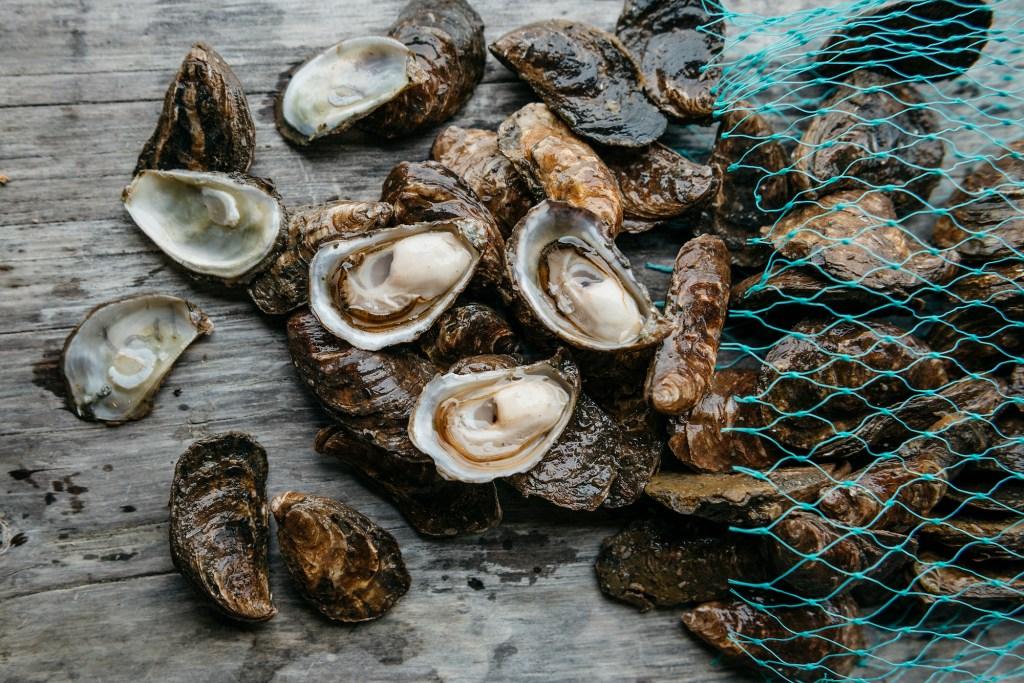
The recreational boating industry continues to expand. Global market value reached $29.06 billion in 2021.
Projections show a compound annual growth rate of 5.4% from 2022 to 2030. This growth potentially exacerbates GRP pollution issues.
Fiberglass Boat Recycling: Addressing End-of-Life Issues
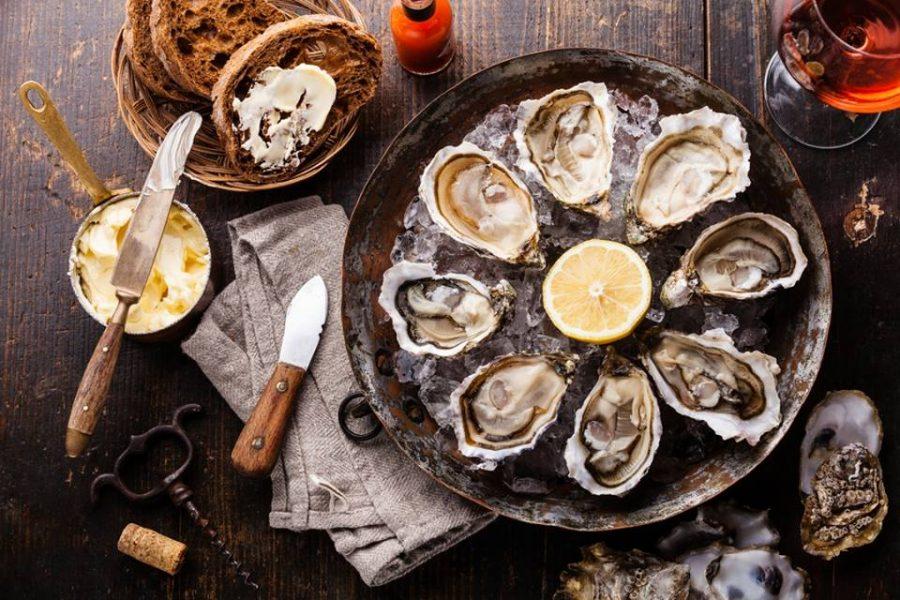
NOAA supports fiberglass boat recycling programs. These initiatives aim to reduce marine debris.
Rhode Island’s fiberglass vessel recycling pilot program recycled 60 tons of material in 2019. Recycling programs face challenges due to the complex composition of boat materials.
Innovative Ocean Clean-up Technologies Emerge
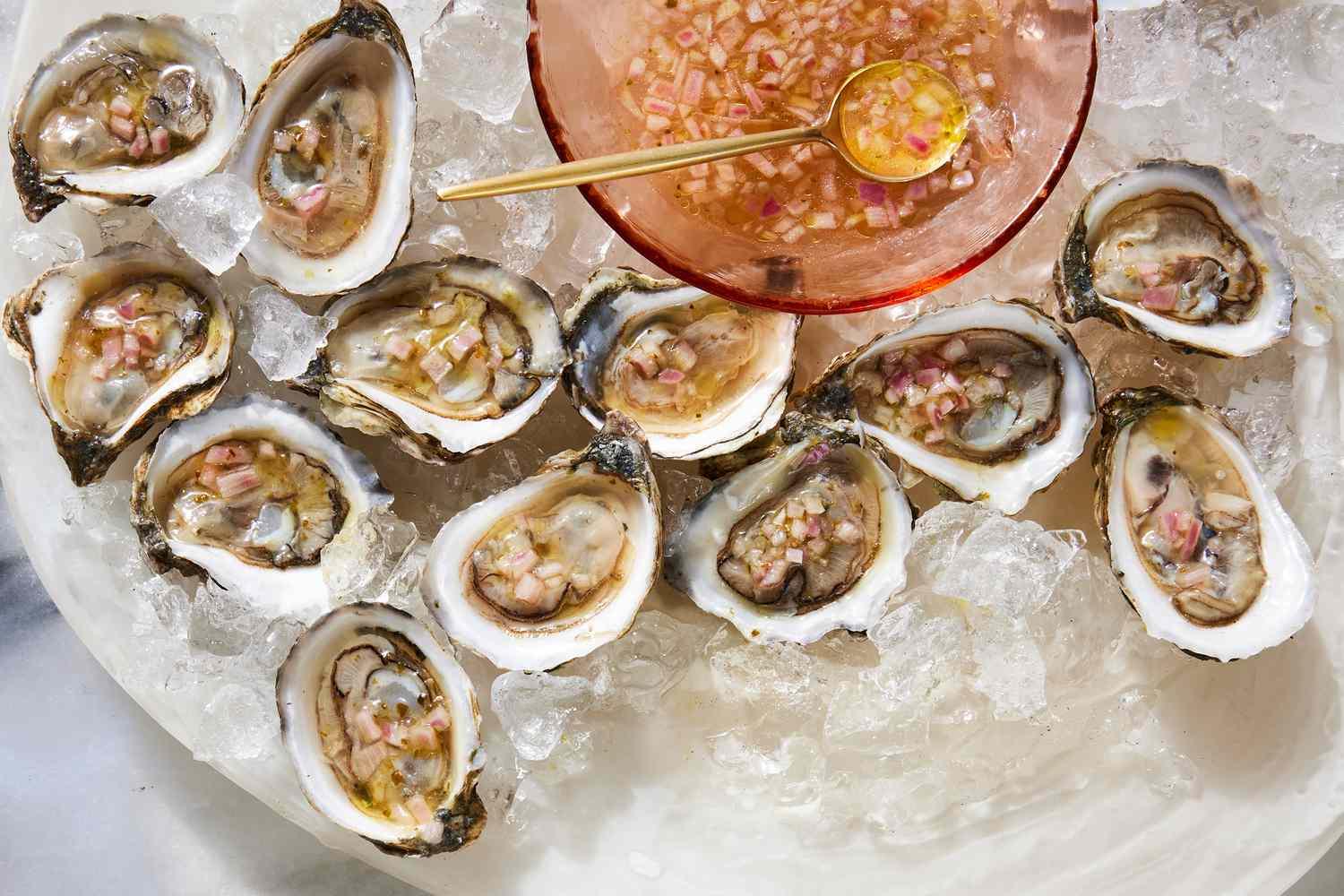
Mr. Trash Wheel, operating in Baltimore since 2014, has removed over 1,600 tons of trash. The Jellyfishbot, developed in France, cleans small areas of water pollution.
These technologies represent growing efforts to combat marine pollution.
Global Efforts to Reduce Plastic Marine Pollution

The UN Environment Programme leads global efforts against marine pollution. Over 60 countries have banned single-use plastics as of 2023.
The Ocean Cleanup project aims to remove 90% of floating ocean plastic by 2040. International cooperation is crucial for addressing this global issue.


